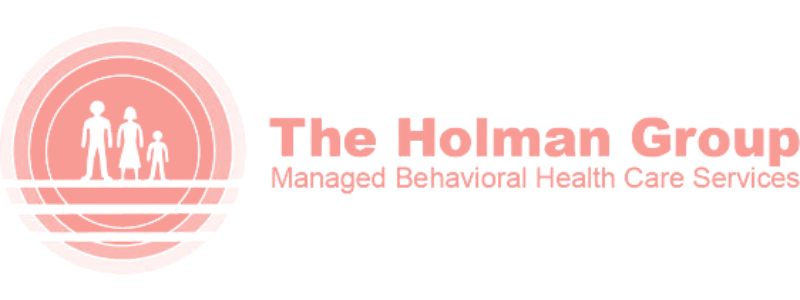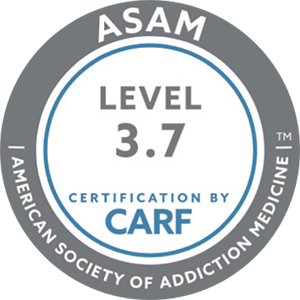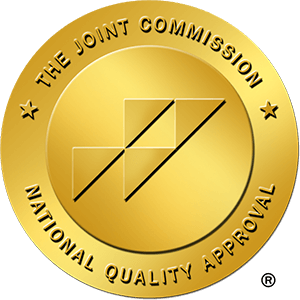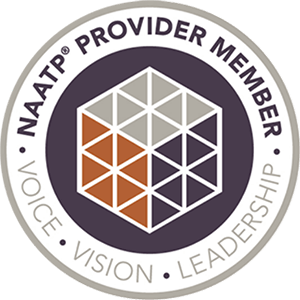Substance abuse among college women is a pressing issue that demands attention. From the stress of academic pressure to social influences, various factors contribute to this problem. Understanding the challenges they face and implementing effective strategies are crucial steps toward creating a healthier college campus and environment.
Next Steps
If you’re struggling with addiction, you don’t have to face it alone. At Casa Capri, we offer expert, women-centered care in a supportive and nurturing space—designed by women, for women. Our team is here to help you heal with purpose and connection.
Call our admissions team for a free, confidential chat—we’ll even check your insurance and estimate any costs upfront.
The Prevalence of Substance Abuse in College Students
Research indicates that drug or alcohol abuse among college women is a significant concern. Studies show that they are increasingly engaging in binge drinking, prescription drug misuse, and other forms of substance use. Peer pressure, experimentation, and coping with stress are common triggers.
Understanding the Challenges
College women often encounter unique challenges that can contribute to substance use. These may include academic stress, relationship issues, mental health concerns, and societal expectations. Additionally, the college environment itself can influence behaviors, with parties and social events for college student population often revolving around both alcohol consumption and drugs.
Important Statistics About College Substance Abuse
SAMHSA (Substance Abuse and Mental Health Services Administration) research sheds light on the significant challenges posed by substance use among college students aged 18 to 22 in the United States, indicating a pressing need for interventions to address these public health concerns in college campuses (SAMHSA, Center for Behavioral Health Statistics and Quality, National Surveys on Drug Use and Health (NSDUHs), 2011 and 2014).
- In 2014, there were an estimated 12.4 million college students aged 15 to 24 in the United States.
- More than one-third of full-time college students aged 18 to 22 engaged in binge drinking alcohol in the past month.
- About 1 in 5 full-time college students aged 18 to 22 engaged in illicit drug use in the last month.
- Nearly 5.4 million full-time college students (60.1 percent) drank alcohol in the last month.
- Part-time college students who used alcohol in the past month drank an average of 3.8 drinks per day.
Next Steps
If you’re struggling with addiction, you don’t have to face it alone. At Casa Capri, we offer expert, women-centered care in a supportive and nurturing space—designed by women, for women. Our team is here to help you heal with purpose and connection.
Call our admissions team for a free, confidential chat—we’ll even check your insurance and estimate any costs upfront.
10 Signs of College Students Substance Abuse
1.Changes in Behavior
One of the most common signs of drug use or alcohol use disorder is noticeable changes in behavior. This can include sudden mood swings, irritability, agitation, or unexplained changes in personality. College women who are struggling with substance use may also exhibit secretive behavior or become increasingly withdrawn from social activities.
2. Decline in Academic Performance
Substance use disorder can cause poor academic performance. If a college woman’s grades suddenly begin to decline or if she starts missing classes or deadlines frequently, it could be a sign that she is struggling with substance use.
3. Physical Signs
There are several physical signs that may indicate substance use in college women. These can include bloodshot eyes, dilated pupils, sudden weight loss or gain, changes in appetite, and poor hygiene. Additionally, individuals may exhibit tremors, slurred speech, or coordination difficulties.
4. Financial Problems
Substance use can be expensive, and many college students and women who are struggling with it may experience financial difficulties as a result. They may frequently ask for money or borrow from friends and family without being able to explain where the money is going. They may also have sudden or unexplained financial problems, such as unpaid bills or mounting debt.
5.Social Isolation
Substance use can lead to social isolation as individuals prioritize the substance over relationships and social activities. College women who are struggling with substance or alcohol abuse may withdraw from their usual social circles, avoid spending time with friends and family, or isolate themselves in their room or apartment.
6. Changes in Friendships
Another sign of substance use in college women is changes in friendships or social circles. They may start spending time with a new group of friends who also engage in substance or alcohol use, or they may distance themselves from friends who do not support their substance use.
7. Increased Risk-Taking Behavior
Substance use can lead to increased risk-taking behavior, such as driving under the influence, engaging in unprotected sex, or experimenting with other drugs. College women and young adults who are struggling with substances may exhibit reckless behavior that puts themselves and others at risk. These risk-taking behaviors are sometimes related to alcohol-related sexual assault.
8.Neglecting Responsibilities
Individuals who are struggling with substance use may neglect their responsibilities, such as household chores, work obligations, or commitments to clubs and organizations. They may prioritize substance use over their obligations, leading to a decline in performance or reliability.
9. Physical Health Issues
Substance use can take a toll on physical health, leading to a variety of symptoms and health problems. College women who are struggling with substance use may experience frequent headaches, nausea, fatigue, or other unexplained health issues. They may also be more susceptible to illness or injury.
10. Denial and Defensiveness
Finally, denial and defensiveness are common traits among individuals struggling with substance drug and alcohol abuse themselves. College women may become defensive when confronted about their drug and alcohol use, denying that they have a problem with abusing drugs or downplaying the severity of their behavior. They may also become hostile or angry when questioned about their habits.
Get Help Today at Casa Capri Recovery
At Casa Capri Recovery, we understand the unique challenges women on college campuses face with addiction. Our compassionate team supports you in your journey toward a healthier, happier life. Whether you’re battling substance use or other addictive behaviors, our personalized programs cater to your needs. You deserve freedom from the grips of addiction. Reclaim control and rediscover joy today. Contact Casa Capri Recovery to start your transformative journey—we’re here for you every step of the way.

Next Steps
If you’re struggling with addiction, you don’t have to face it alone. At Casa Capri, we offer expert, women-centered care in a supportive and nurturing space—designed by women, for women. Our team is here to help you heal with purpose and connection.
Call our admissions team for a free, confidential chat—we’ll even check your insurance and estimate any costs upfront.
Frequently Asked Questions About Substance Use in College Students
What factors contribute to addiction among college students?
Several factors can contribute to addiction among college students, including academic pressure, stress, peer influence, mental health issues, and easy access to alcohol and drugs on college campuses.
How can colleges support students struggling with substance use?
Colleges can support students by offering counseling services campus drug prevention, substance use prevention programs, support groups, and access to resources for treatment and recovery. Creating a supportive and non-judgmental environment is crucial.
How can parents and friends help a college student with addiction issues?
Parents and friends can help by offering support, encouragement, and understanding. It’s important to listen without judgment, encourage open communication, and provide information about available resources for treatment and support.
What are the long-term effects of substance use on college students?
Long-term effects of substance use can include addiction, physical health problems, other abuse and mental health, issues, academic difficulties, legal problems, and strained relationships.
How can college students prevent substance use?
College students can make informed choices about alcohol and drug use, developing healthy coping mechanisms for stress, surrounding themselves with supportive peers, and seeking help if they are struggling.
Where can college students and young adults find help for substance use issues?
College students can find help through their university’s counseling center, student health services, local support groups, and treatment centers specializing in both substance abuse and mental health services as well.
Is it possible to recover from substance abuse as a college student?
Yes, recovery from alcohol and drug abuse is possible at any age, including during college years. With the right support, treatment, and commitment to change, college-aged men and women can overcome substance abuse and lead fulfilling lives.
What should I do if I suspect a friend or roommate is struggling with substance use?
College drug abuse is more common than you’d think. If you suspect a friend or roommate is struggling with substance use, express your concern in a caring and non-confrontational manner. Encourage them to seek help from a counselor, trusted adult, or support group. Offer to accompany them to appointments or meetings if they are hesitant.













